
A Hungarian Facebook user has shared a video of tanks driving across the streets of Budapest at night over the weekend. Many people picked up the footage, fearing it was a sign of military escalation. However, an expert from the Hungarian tabloid Blikk has cracked the case.
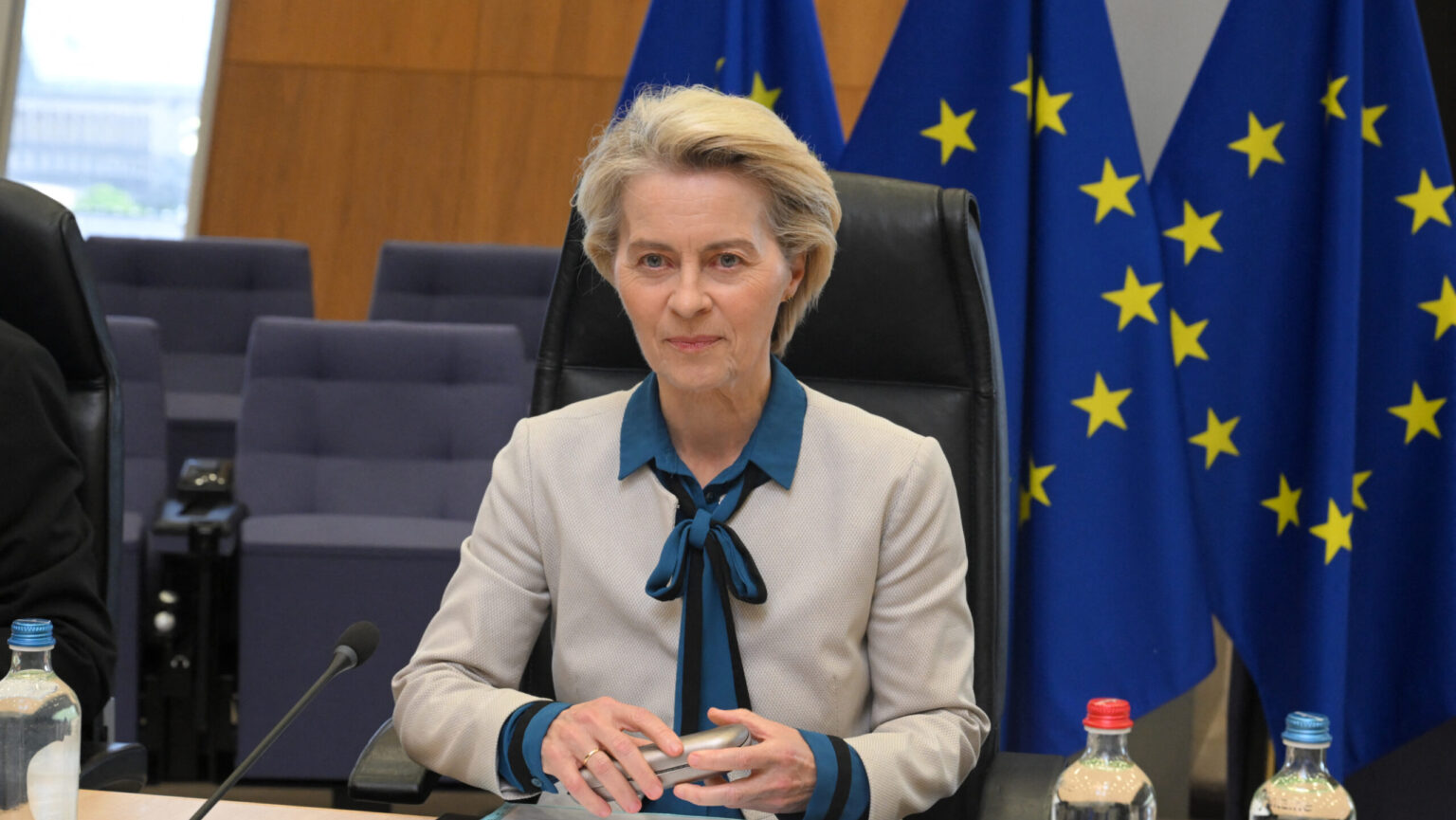
The EU’s General Court has delivered a major blow to Commission President Ursula von der Leyen, annulling Brussels’ refusal to release her COVID-era text messages with Pfizer’s CEO. The ruling exposes deep flaws in EU transparency and intensifies scrutiny over the €35 billion vaccine contract central to the Pfizergate scandal.
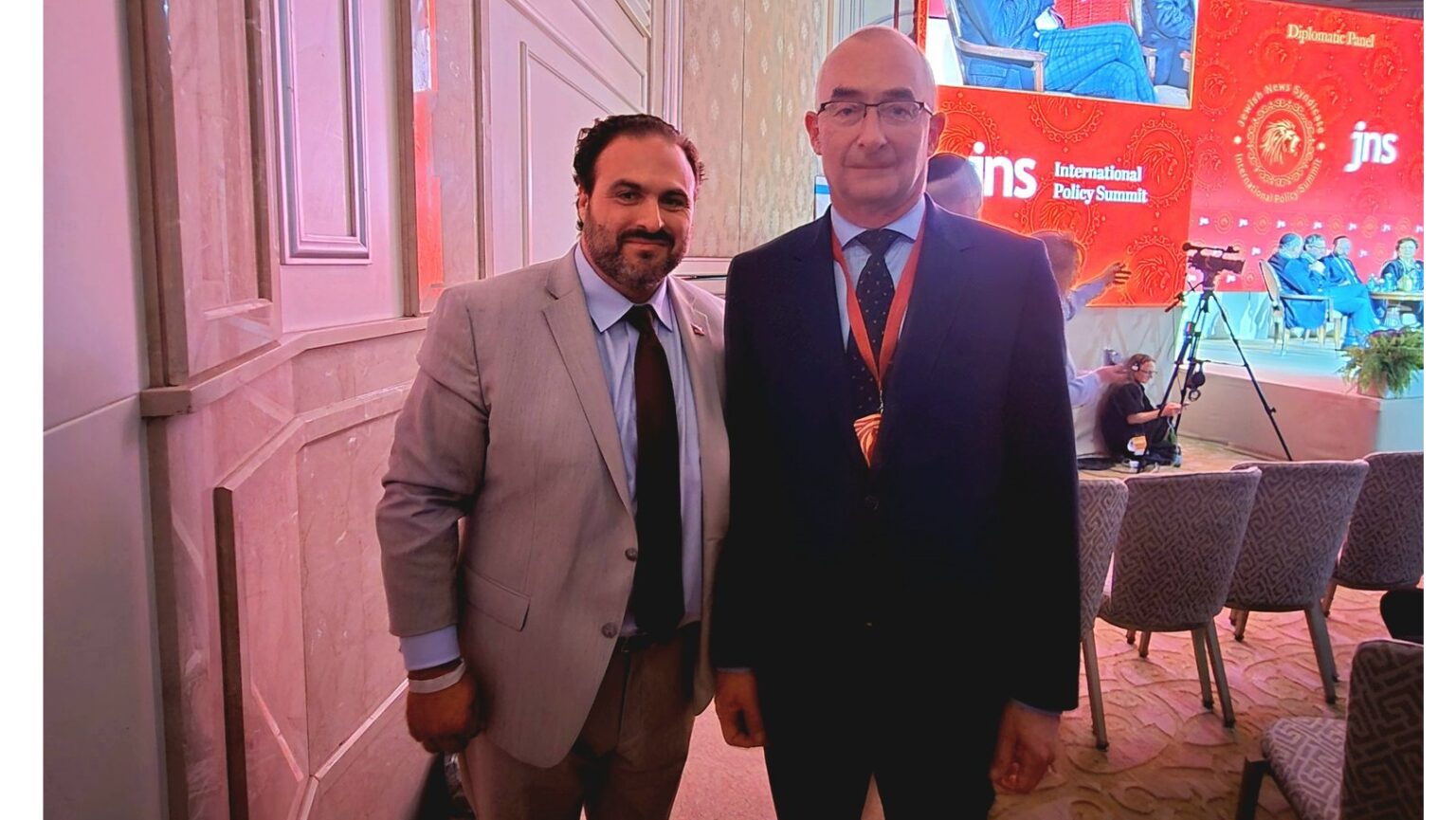
Center for Fundamental Rights Senior Fellow Bryan Leib has recently attended the Jewish News Syndicate’s conference in Jerusalem, Israel, where he explained to the audience why Hungary is the safest place for Jews in Europe.
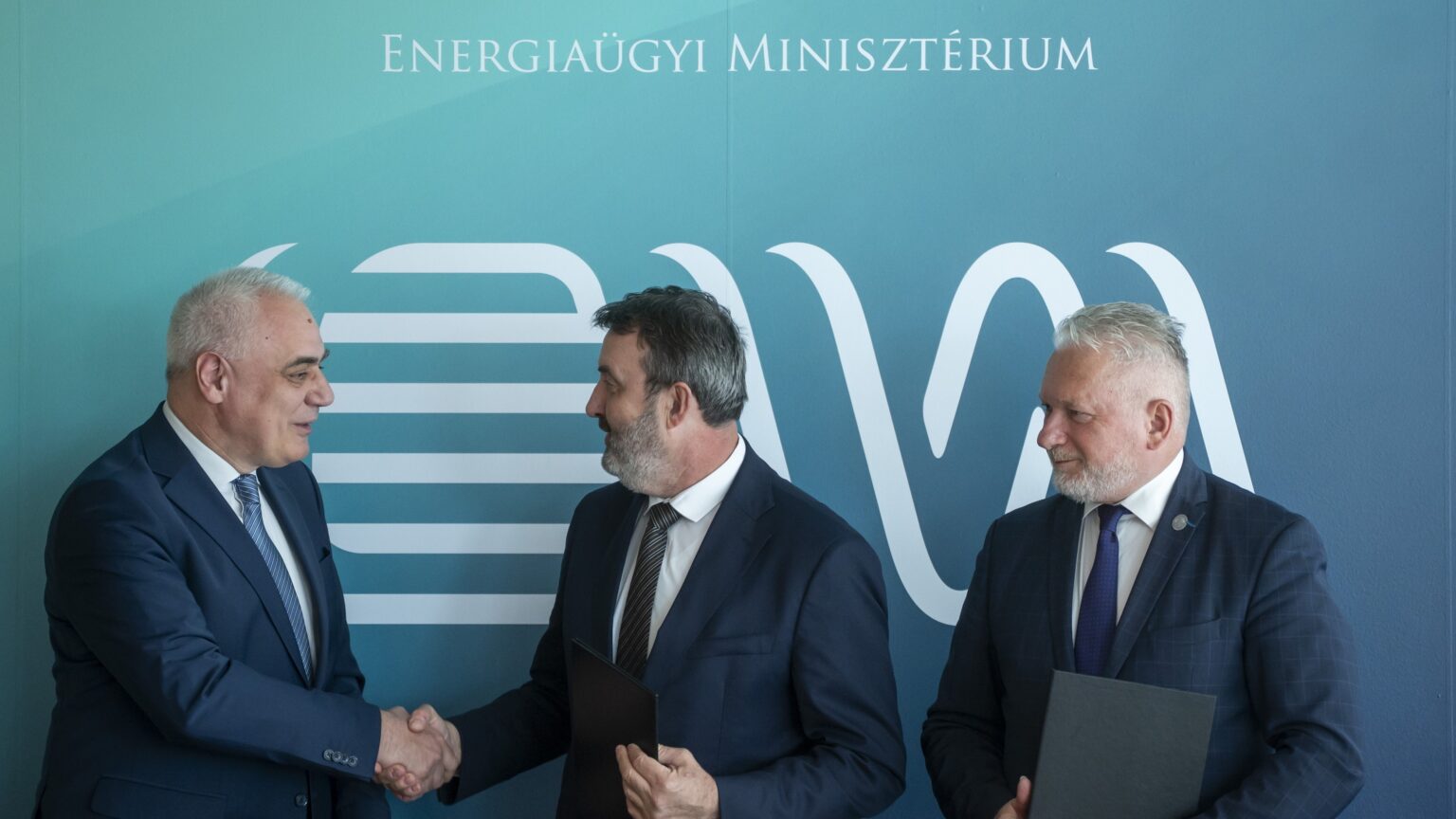
Hungary is revising its national AI strategy with a strong emphasis on education, ethics, and social application, government commissioner László Palkovics announced, signing a partnership with ELTE to shape human-centered and trustworthy AI technologies.

Hungary’s car industry remains a driving force of the national economy despite global headwinds, Foreign Minister Péter Szijjártó said, stressing that East–West cooperation is key to success in the age of electromobility.

‘It is no surprise, then, that even Peru, a mountainous country far from the Pacific coast, a subject of many tales about the Incas, was also home to Hungarians throughout history. This is not just a tale of curious travels from Central Europe to Latin America, but a history of our relationship to the great migratory waves that have impacted our region…’
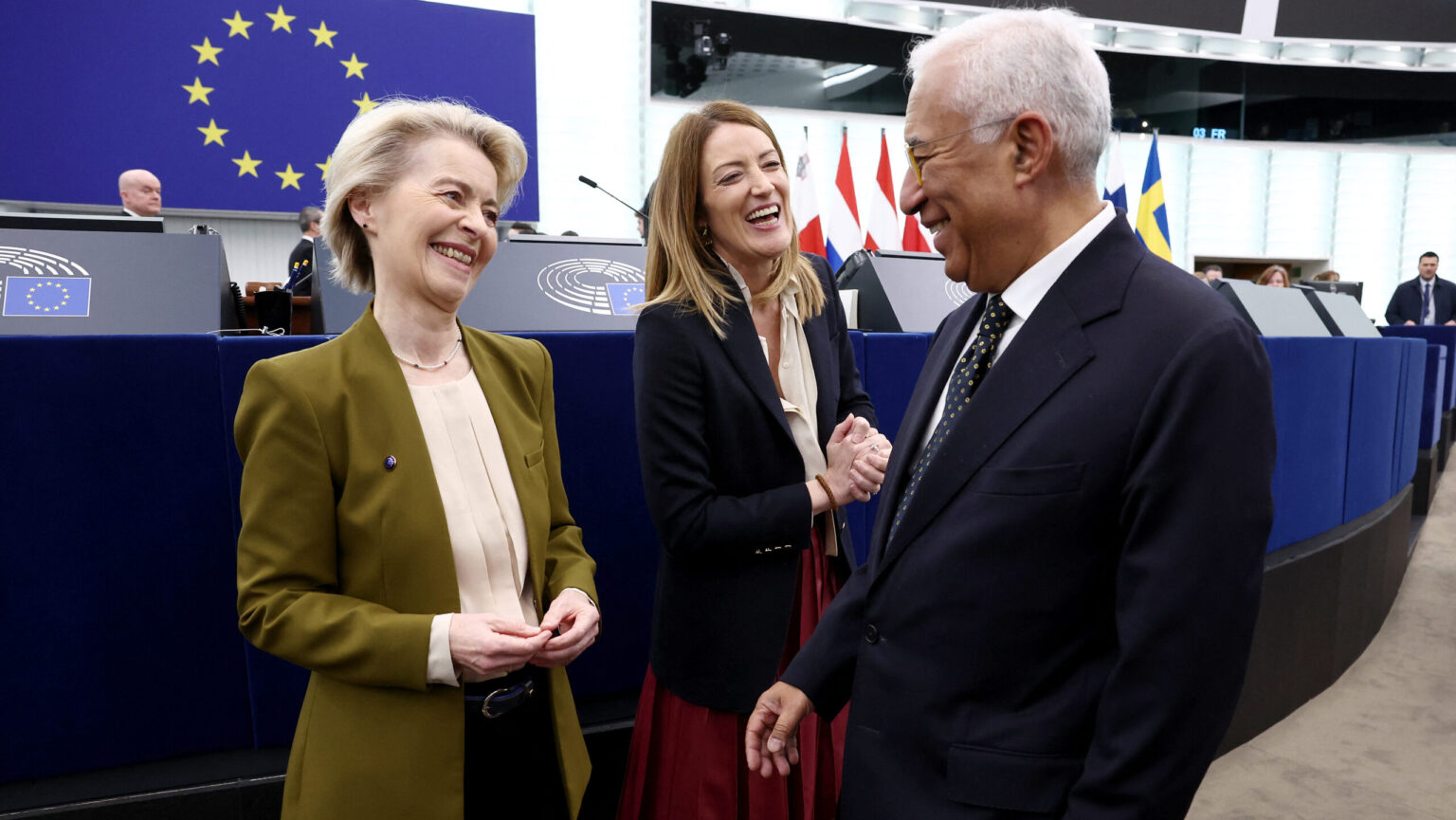
Despite their advocacy for increasingly stringent green policies, EU leaders—including Commission President Ursula von der Leyen—took a private jet last week from Brussels to Luxembourg, a journey that would have taken just over two hours by car. The scandal has cast a shadow over von der Leyen’s week, already clouded by an eagerly anticipated EU court ruling concerning the so-called Pfizergate text messages.

István Kovács from Nagykároly (Carei), Romania, will be officiating this year’s UCL final between Paris Saint-Germain and Internazionale. He is the fourth ethnic Hungarian to referee the premier European club competition’s final, after Károly Palotai (twice, in 1976 and 1981), Sándor Puhl (1997), and, most recently, Viktor Kassai (2011).
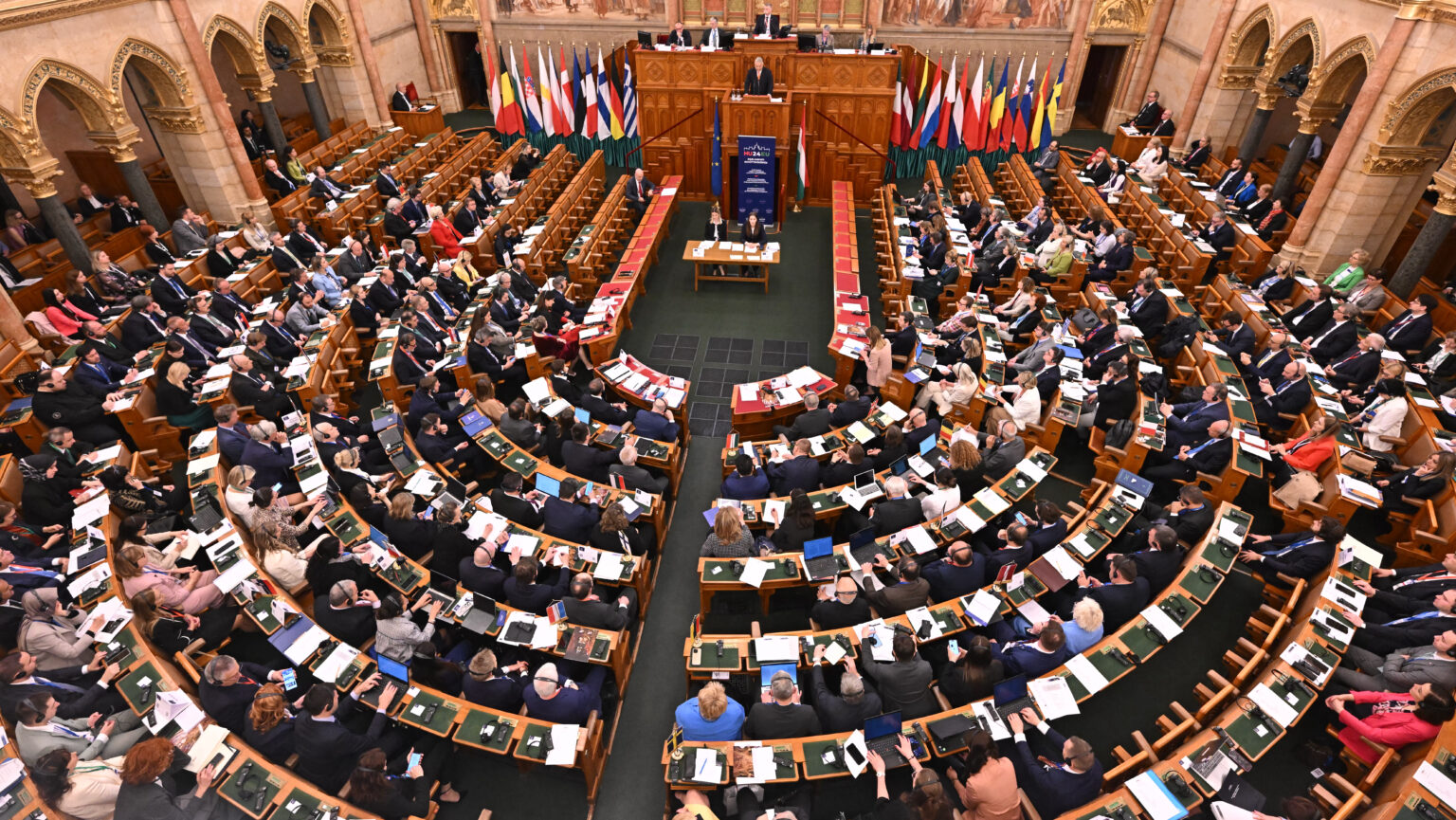
Hungarian Prime Minister Viktor Orbán warned that, although no one dares to say it, the war in Ukraine is essentially lost. He made the statement at the Conference of Presidents of the European Union Parliaments, held in the National Assembly in Budapest.
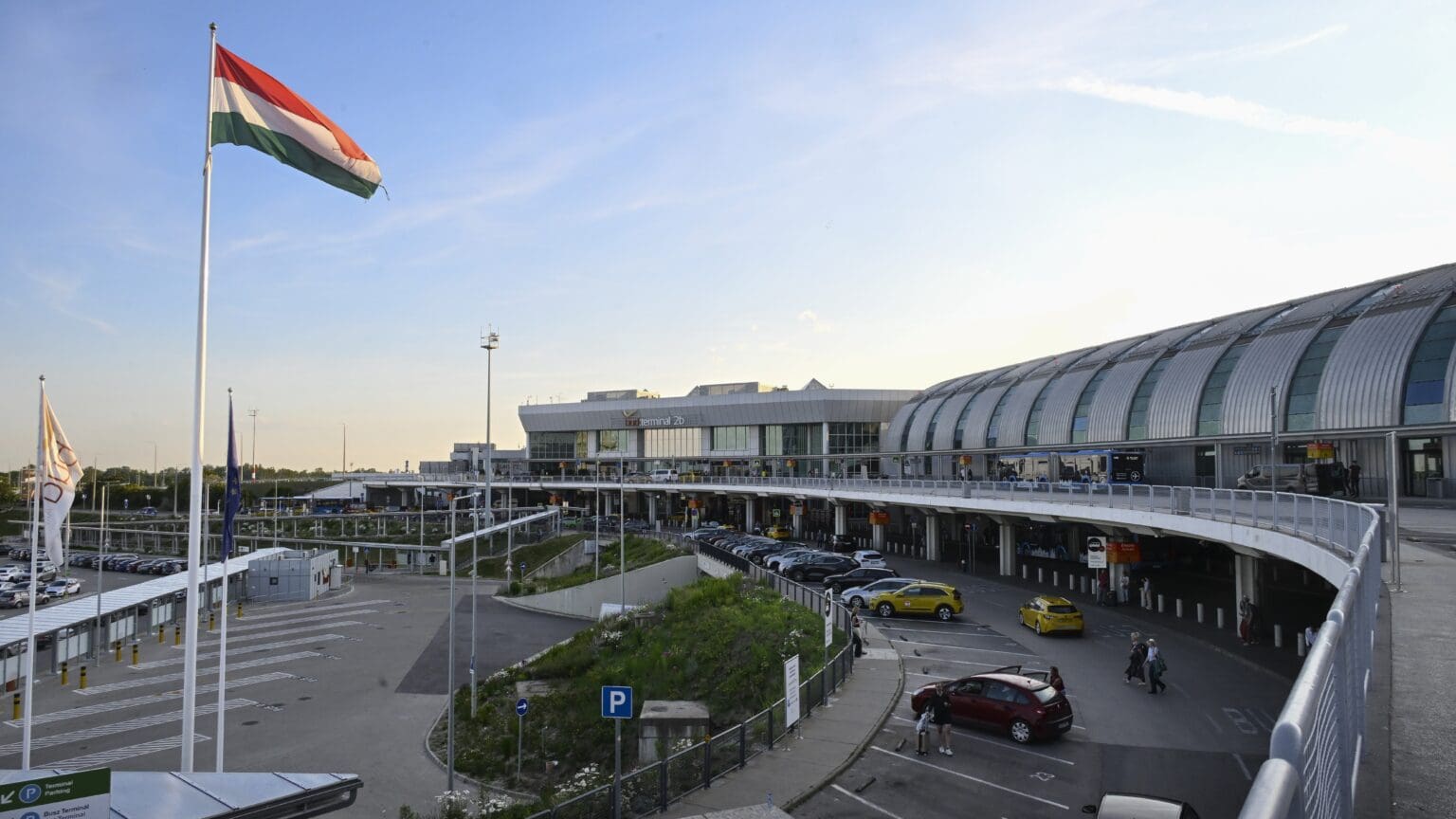
HungaroControl projects an 8–15 per cent increase in Hungarian air traffic for 2025, with this summer likely to break all-time records. New technologies, staff reinforcements, and safety upgrades aim to ensure a smooth and delay-free travel season.
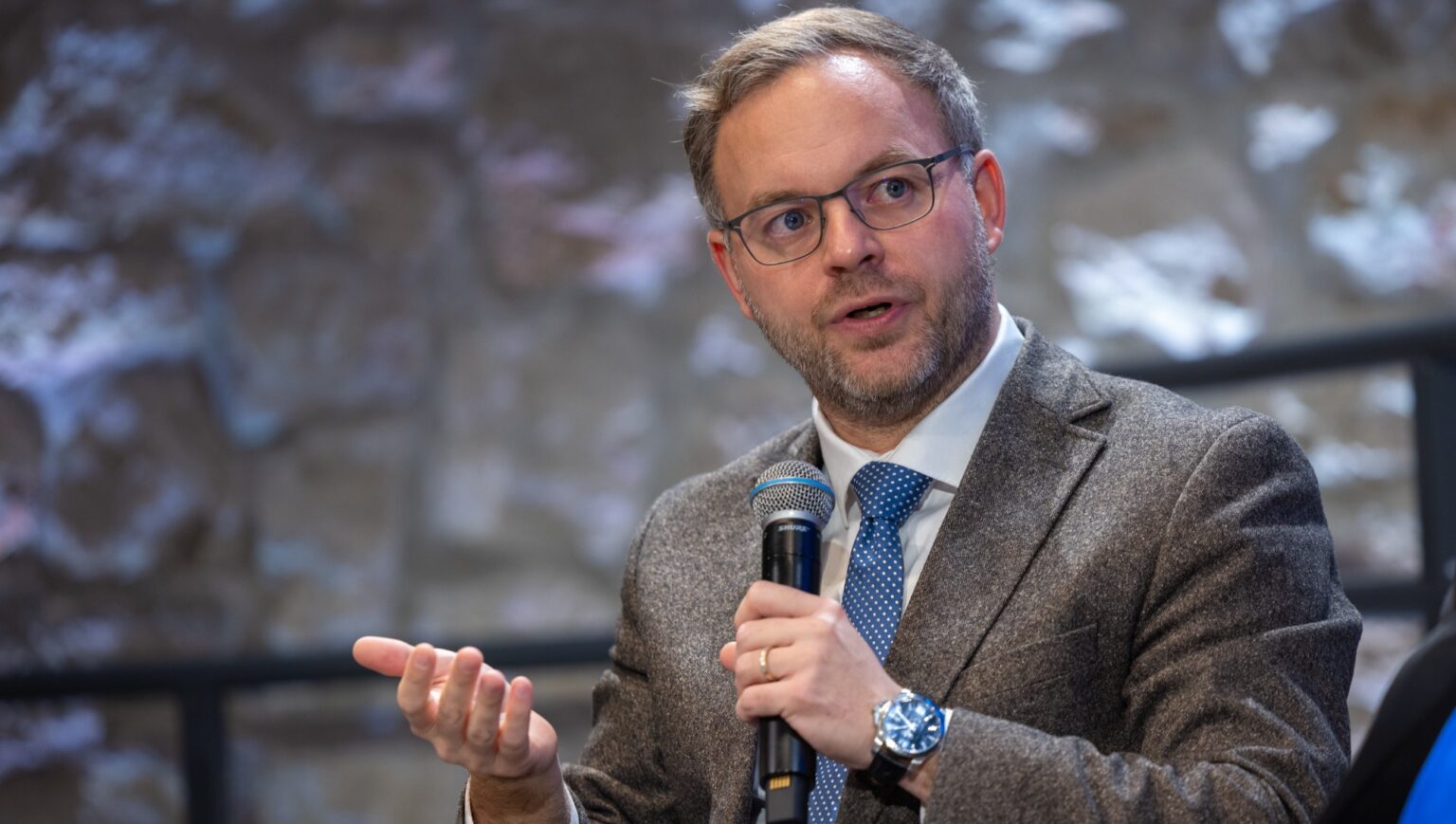
‘The only true solution [to the Demographic crisis] is to support families and encourage higher birth rates among the domestic population,’ Political Director to the Prime Minister of Hungary Balázs Orbán wrote in his recently published essay for The Telegraph.
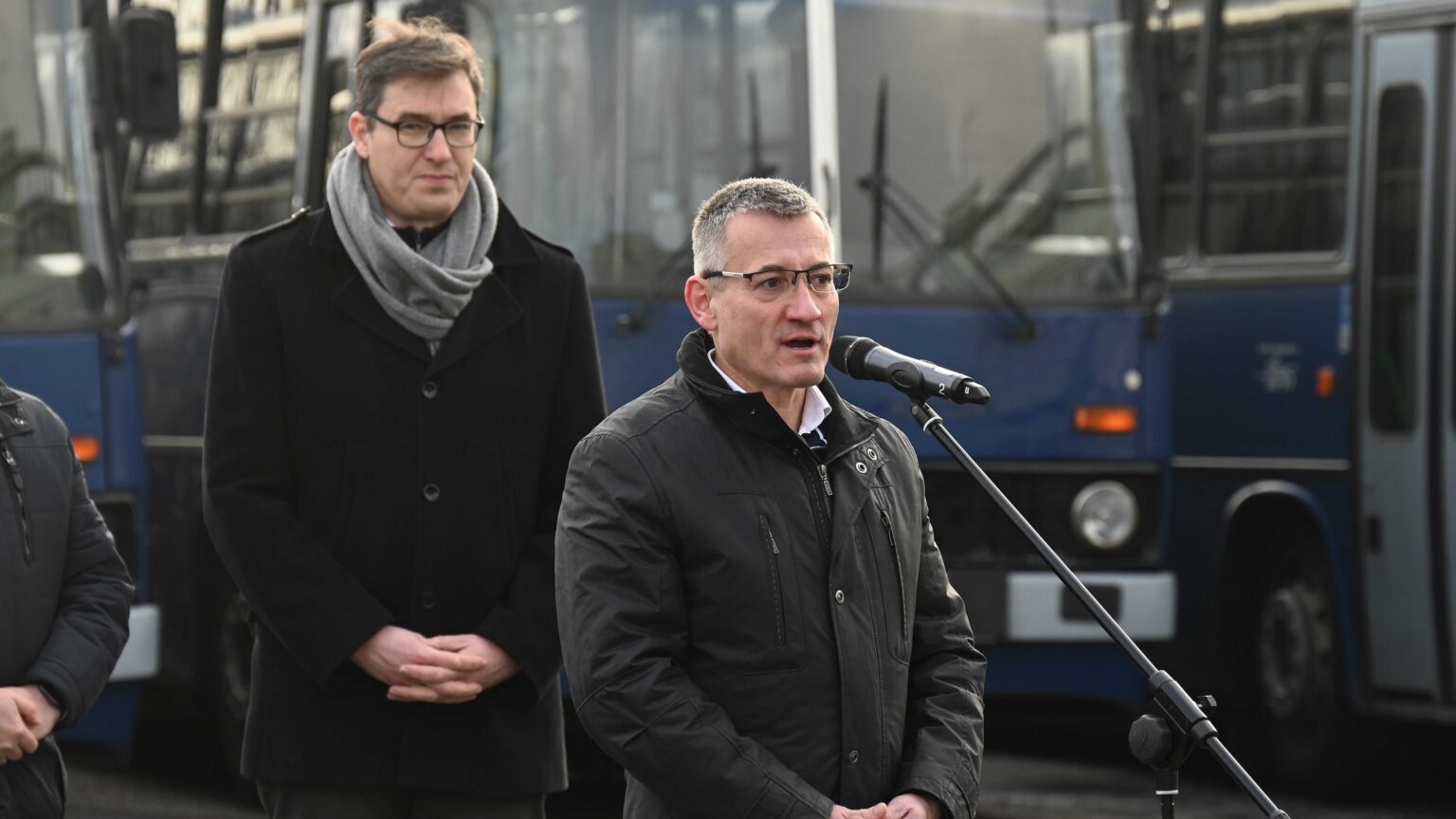
Budapest Mayor Gergely Karácsony has dismissed BKV CEO Tibor Bolla following media reports linking him to individuals accused of organized tax fraud. The decision comes amid concerns over public trust and corporate integrity.

Hungary is setting its sights on the stars once again with a major national mission: to send a Hungarian astronaut to the International Space Station for scientific research—45 years after the first Hungarian ventured into space.
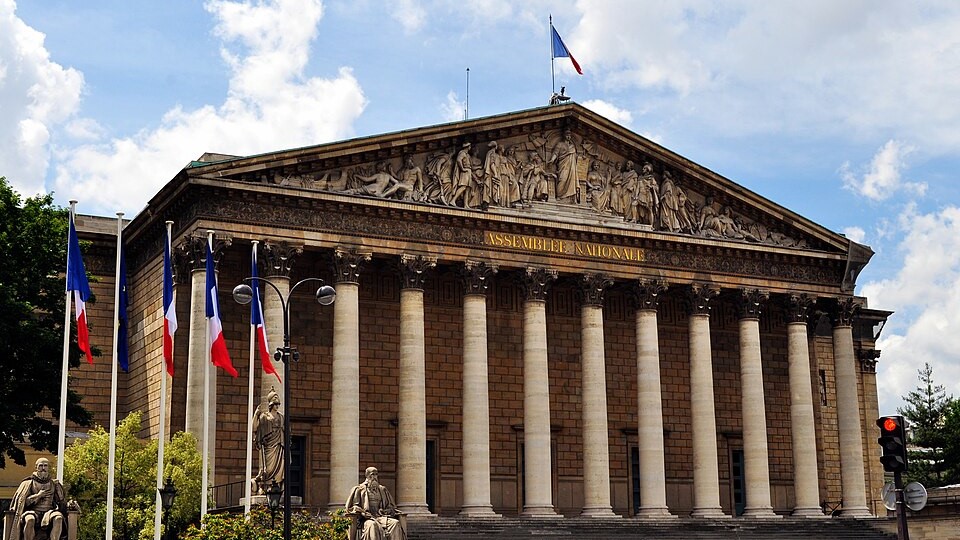
‘This is the case with respect for human dignity, the “right to life”, and the prohibition of eugenics. After the Second World War, states wanted to give these principles international legal force. They were formulated in particular in response to Aktion T4, the programme of euthanasia of thousands of disabled people under the Nazi regime in Germany.’

The Hungarian National Tax and Customs Administration (NAV) posted the video of the arrest of the Serbian man apprehended at the southern border. He was caught with over five kilograms (11 pounds) of heroin and methamphetamine.

The Hungarian Ministry of Defence has symbolically adopted two lynxes at the Budakeszi Wildlife Park—linking military identity with nature conservation and education, while highlighting parallels between wildlife and the army’s modern Lynx combat vehicles.
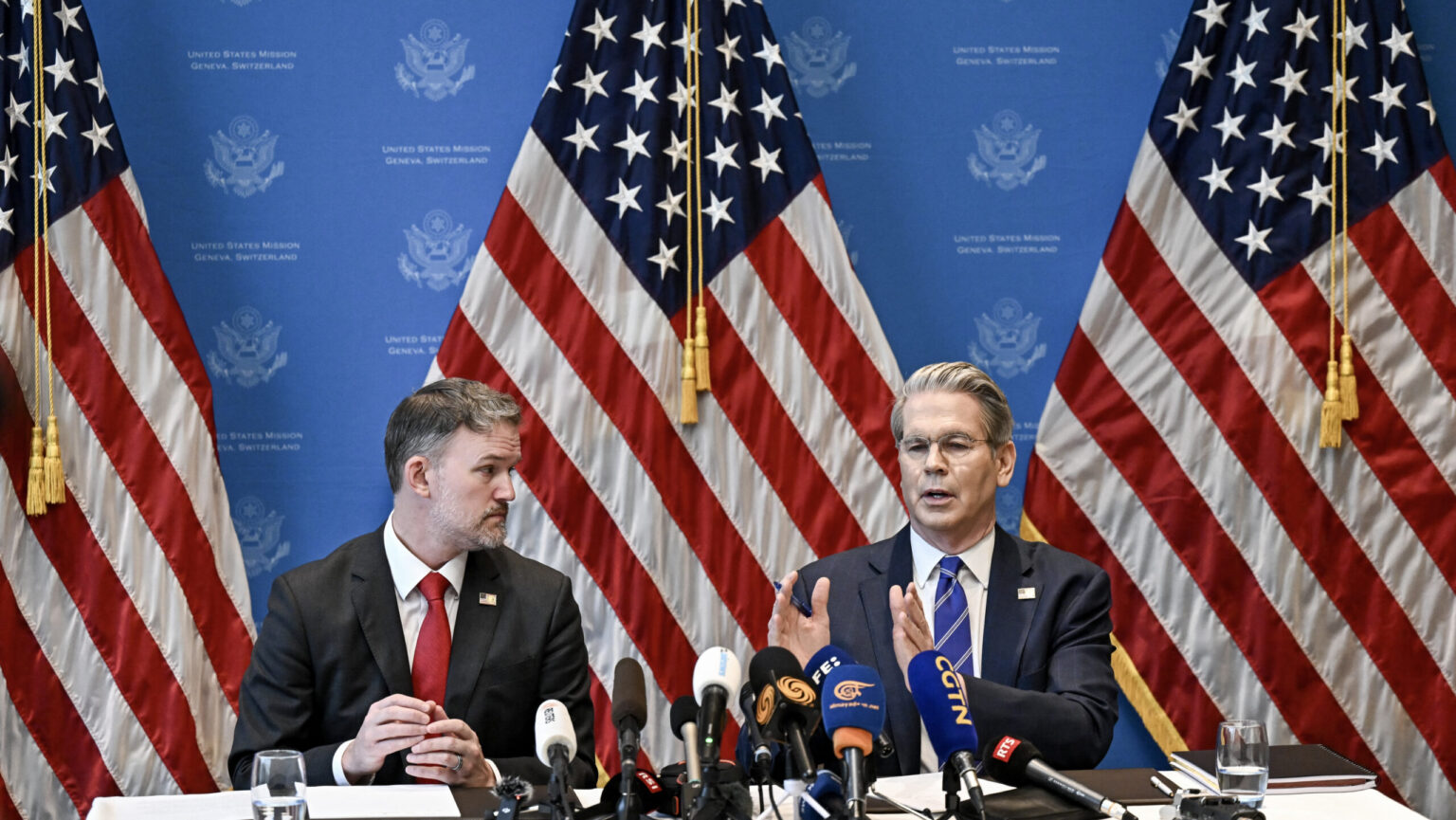
The United States and China have reached an agreement described by the White House as a ‘historic trade win’ for the American people, rolling back both tariffs and non-tariff barriers in bilateral trade. The deal, which will take effect on 14 May, will reduce tariffs on US products exported to China to 10 per cent, and on Chinese products entering the US to 30 per cent.

The Washington Post recently ran an article in which it details how LGBT pride march organizers in the United States are facing major gaps in their budgets for this year’s events, as corporate funding has significantly slowed under the second Trump administration.
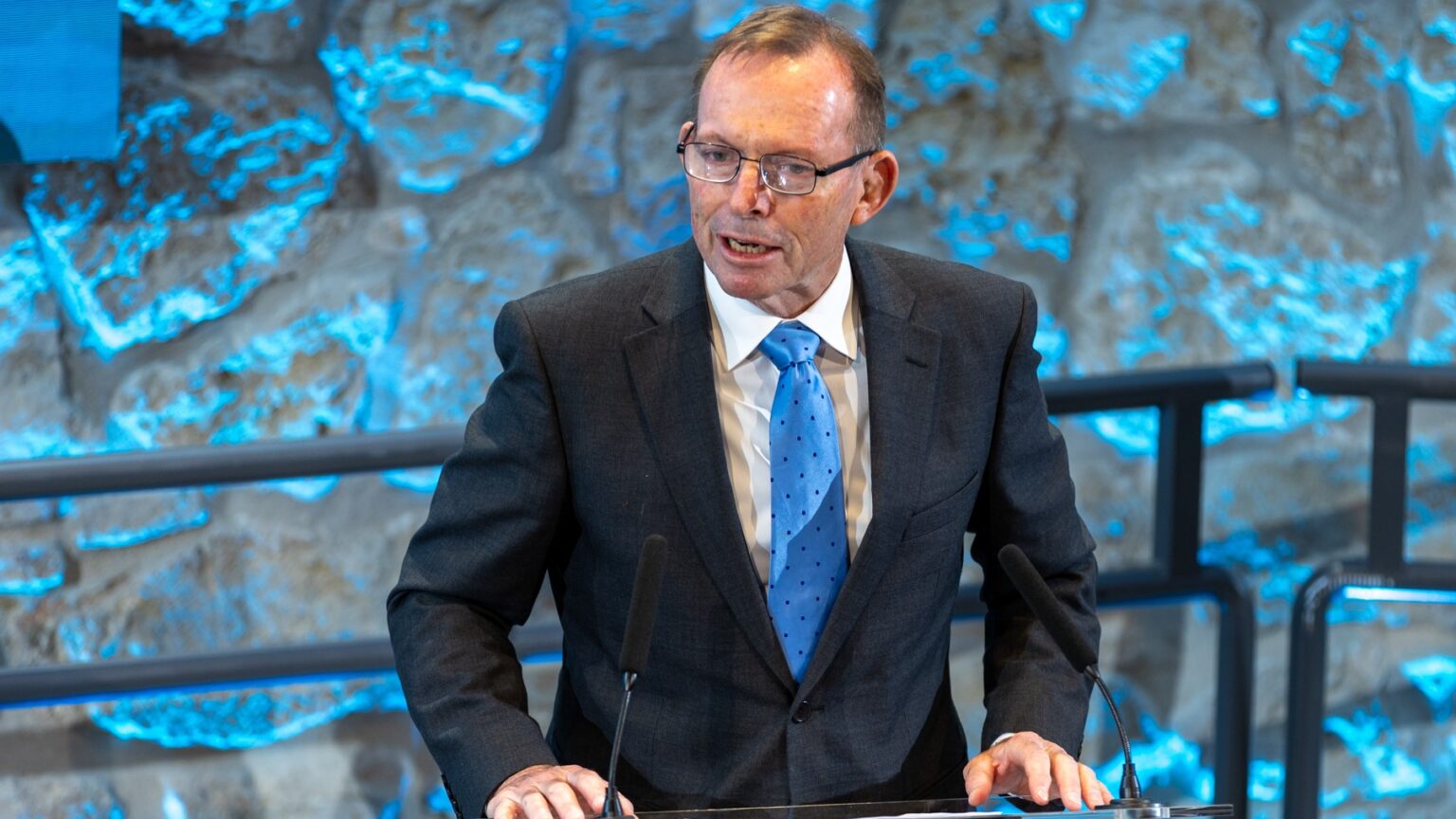
‘People who come illegally are breaking the law. People who come in very large numbers, illegally or not, are changing the country. And that’s the main issue today: the impact of immigration on the character of Western countries with strong and unique cultures that their peoples have every right to take pride in and preserve…’

The 21st March of Life took place in Budapest on Sunday, with participants walking from the Shoes on the Danube Bank memorial to the Várkert Bazaar. This year’s commemoration was marked by a somber reflection on current threats to Jewish communities worldwide.

Hungarian animated documentary Pelikan Blue, directed by László Csáki, won Best Feature Film at the 32nd Stuttgart International Festival of Animated Film, marking another international success for the nostalgic, real-life story of freedom and forgery.
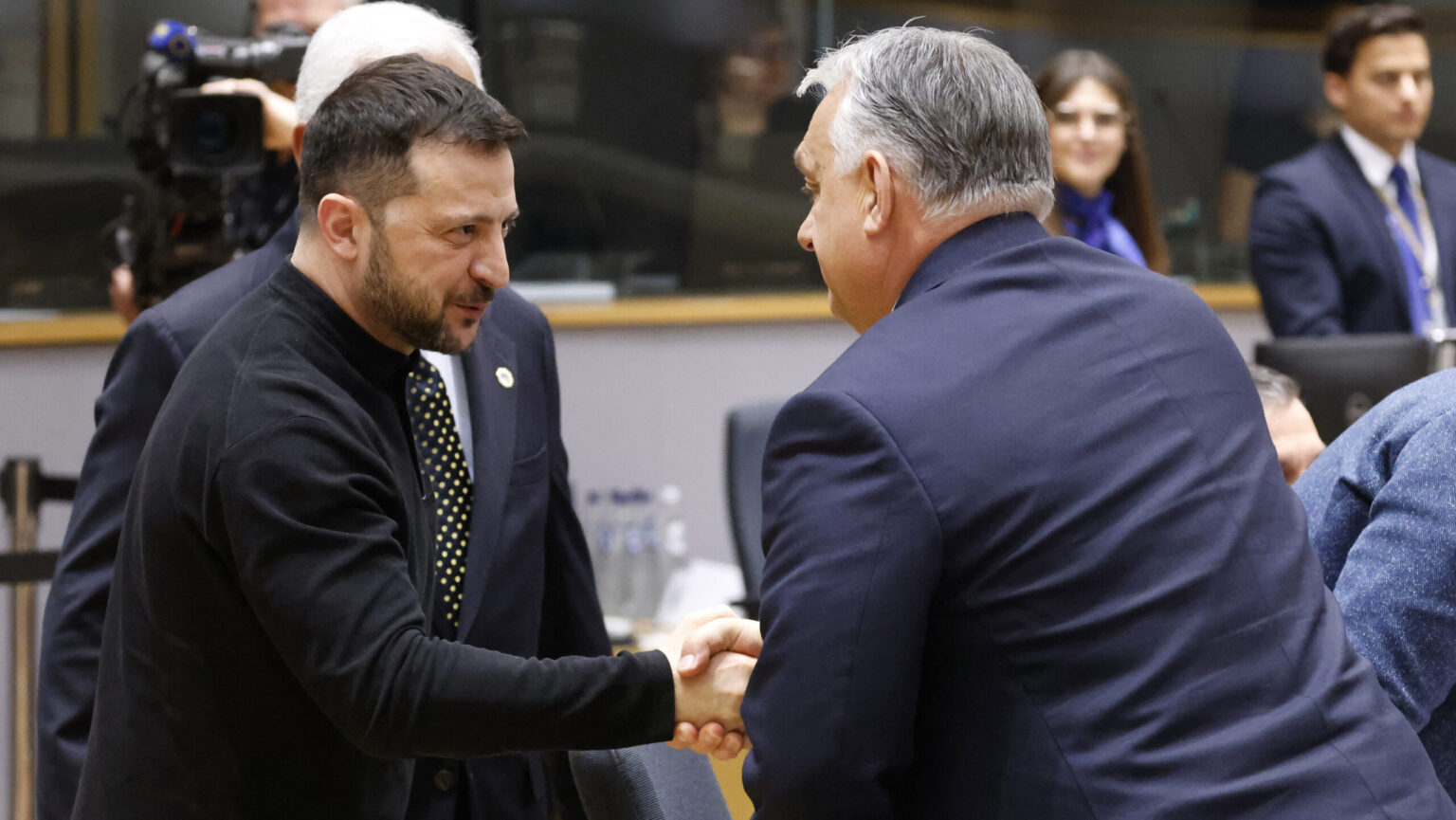
A spy war has erupted between Hungary and Ukraine, with both countries expelling diplomats amid allegations of espionage and political subversion. At home, Hungarian officials now suspect the opposition’s actions—including a controversial leak by Péter Magyar—may be tied to Ukrainian intelligence efforts to destabilize Prime Minister Orbán’s government.
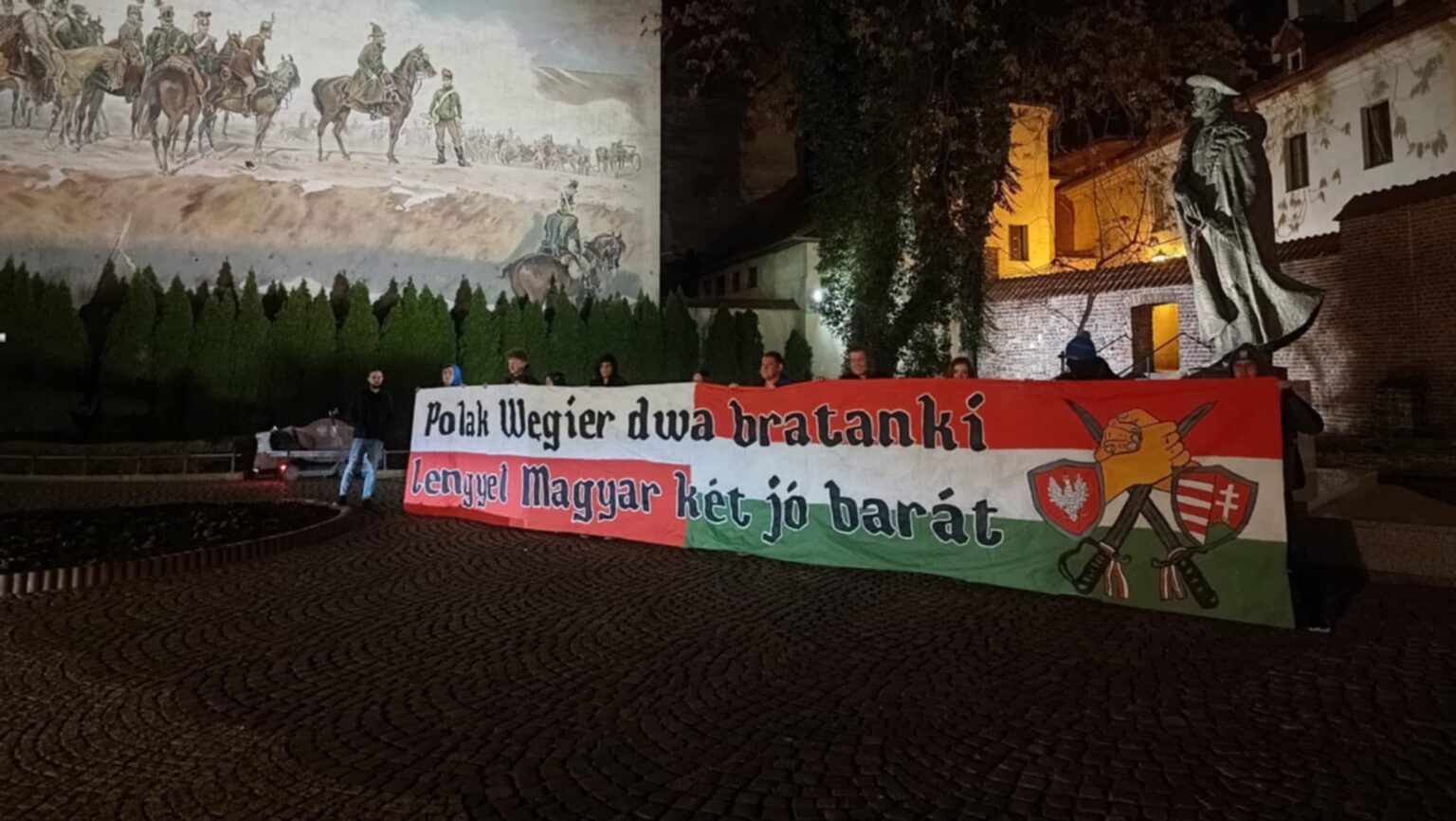
Polish MP Dariusz Matecki has issued an appeal to the Hungarian people, warning them not to fall victim to the same ‘Eurocratic’ takeover that destroyed Polish sovereignty. In an open letter posted on X, Matecki—currently facing politically charged prosecution in Poland—urged Hungarians to resist EU interference in the parliamentary elections in 2026.
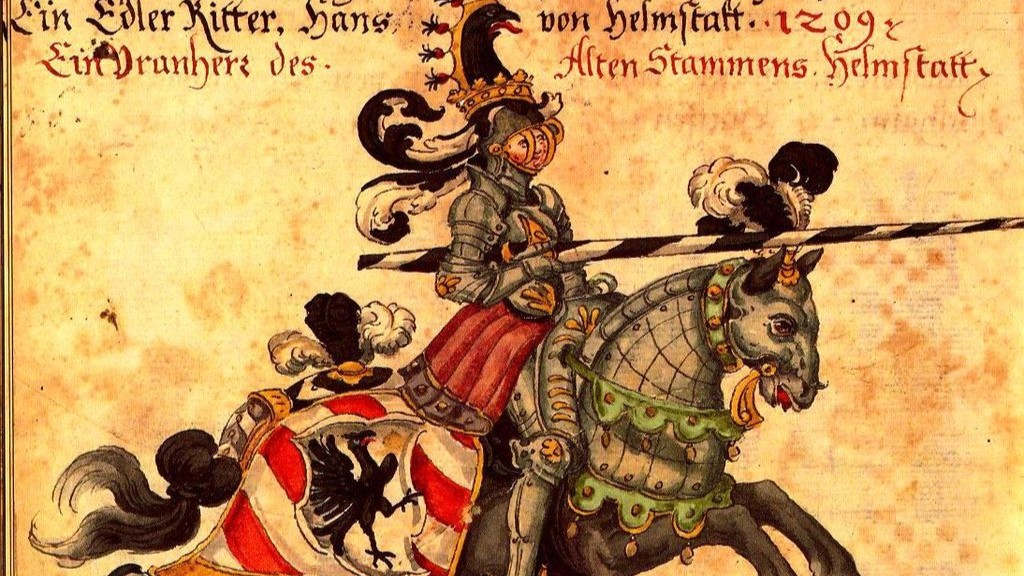
‘Rasso (also known as Rath) comes from the world of legend, as the Bavarian leader who repeatedly defeated the Hungarians and who, at the end of his life, went on a pilgrimage and founded a monastery…his tomb became a popular pilgrimage site even without official canonization, with a register of miracles kept between 1444 and 1728 recording more than 12,000 miraculous healings.’
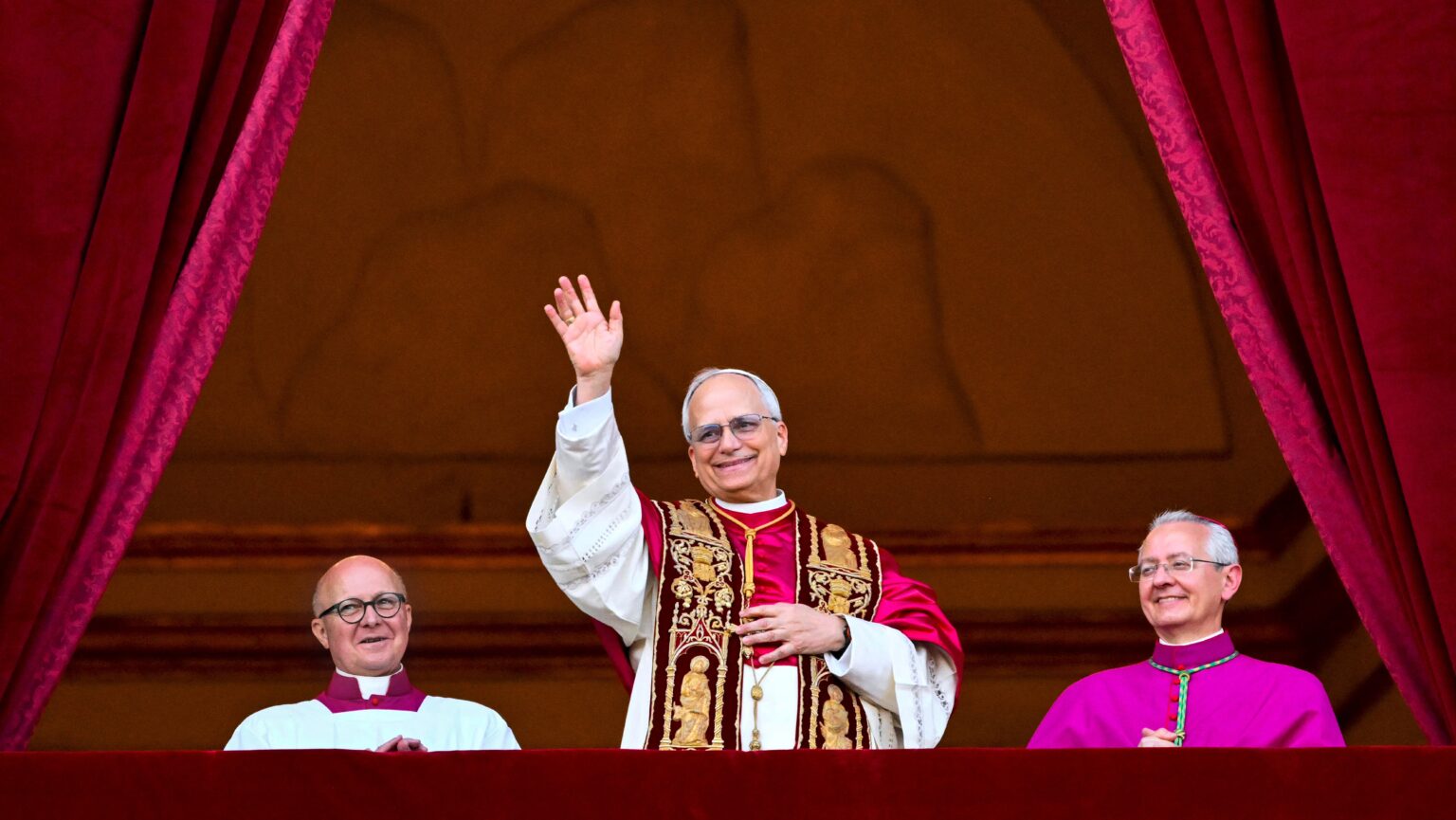
‘The name “Leo” is a name rooted in tradition. The first Pope Leo, St. Leo the Great, who reigned from 440 to 461, was a contemporary of St. Augustine of Hippo and is known for his zeal for the unity of the Church and orthodoxy, as well as his affirmation of the Petrine primacy and the restoration of ecclesiastical discipline.’
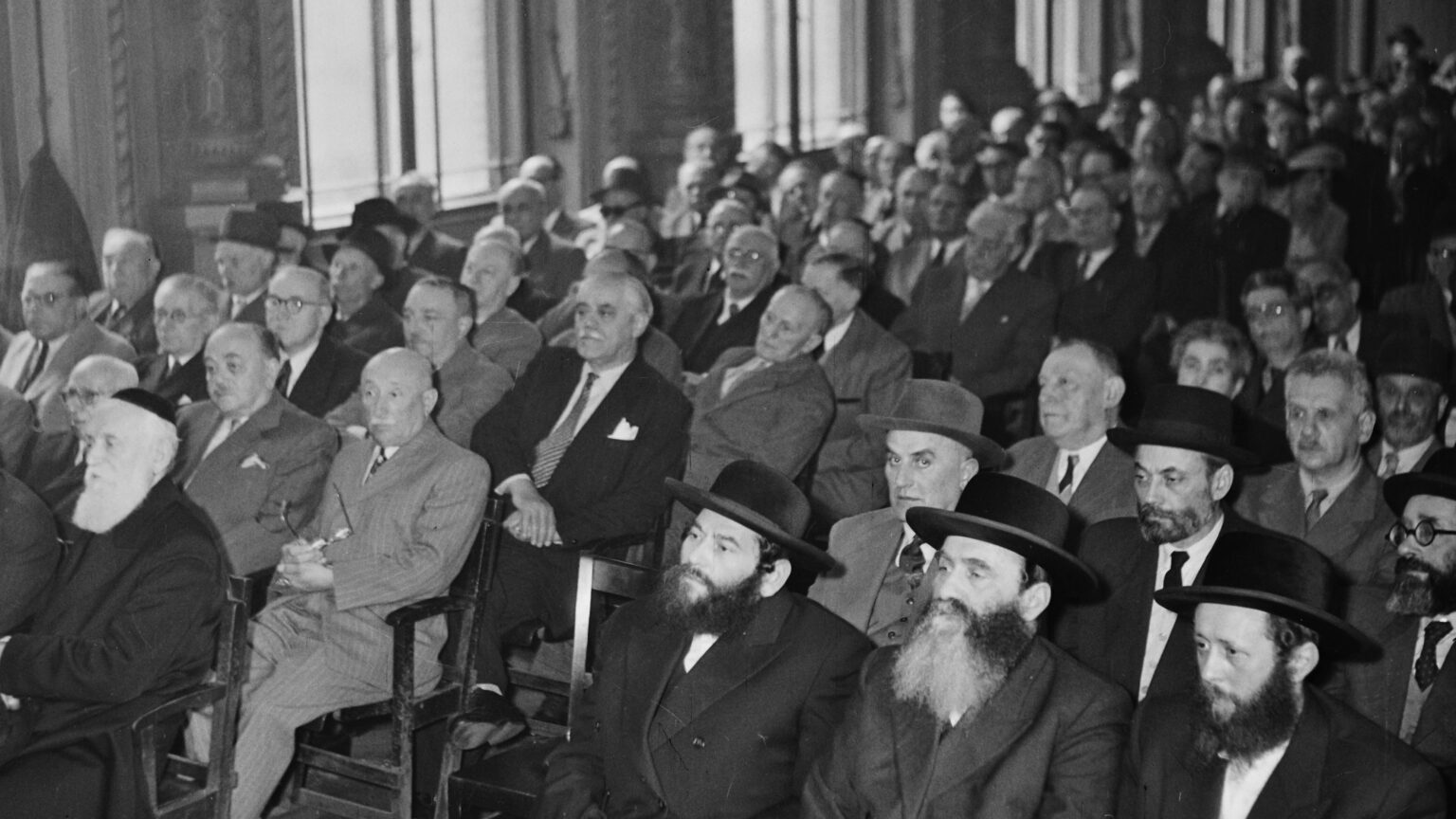
‘At the next meeting, the recruit brought 35 names, but aside from the list, he provided no descriptions of them whatsoever—even their ages were given only approximately. For some, he didn’t even write out the full name.’

As global urbanization and demographic shifts reshape societies, generational labels like Gen Z and Baby Boomer attempt to explain cultural divides. Yet these terms often fail to capture the complex, region-specific forces shaping identity, values, and social behaviour in an increasingly interconnected world.

‘This is the essence and political aim of cancel culture that the Democratic Party has carefully crafted. Silence dissenters, promote only the ideas we agree with, and destroy everything else. The result is an anti-intellectual culture of citizens, either unwilling or too afraid to listen to or immerse themselves with ideas they may initially disagree with.’
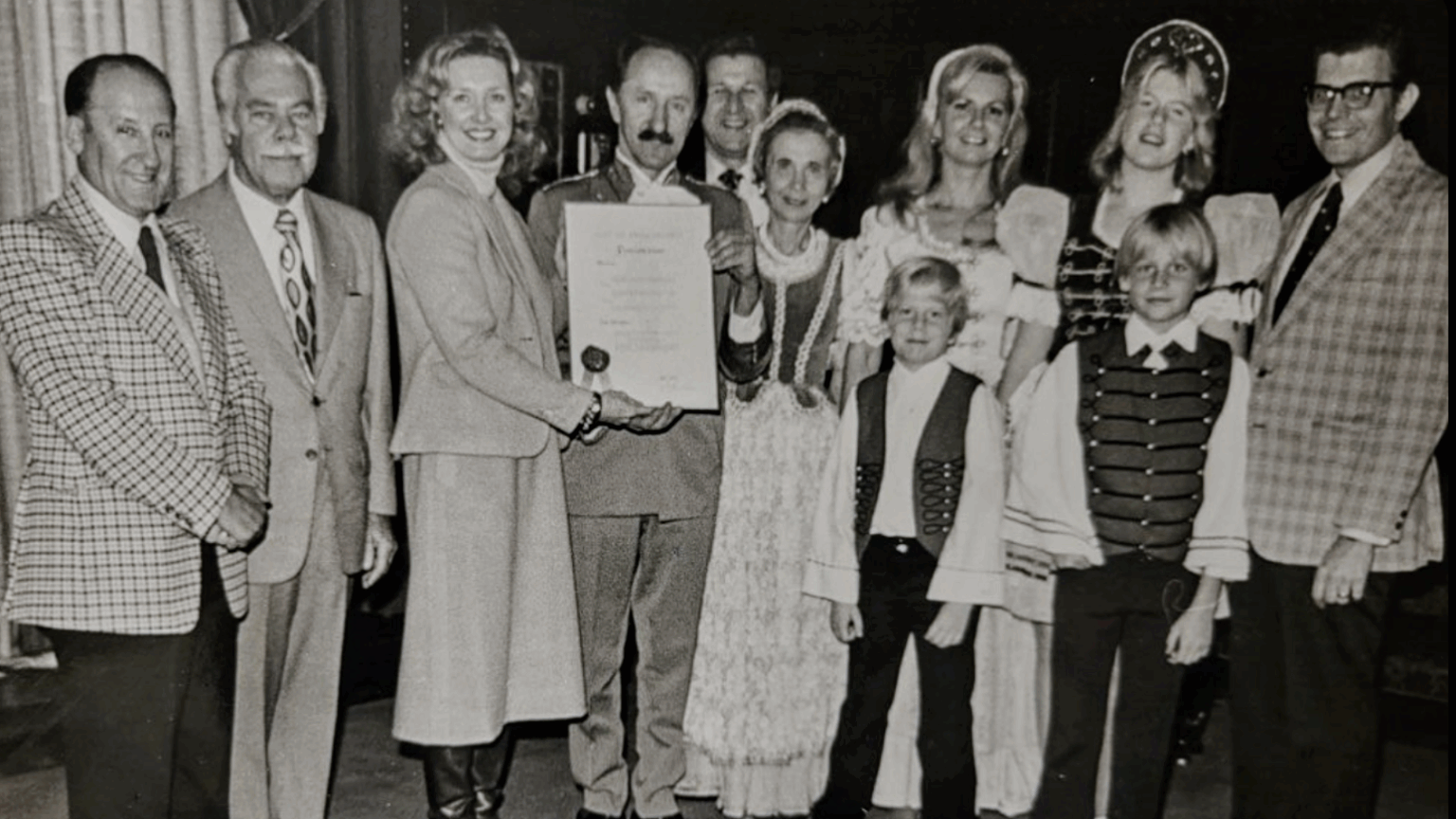
‘I also loved music and singing, but my very busy parents didn’t notice my talent—they only paid attention to my sister’s beautiful voice. Back in Hungary, before we fled, she studied opera singing with a teacher while attending the Szent László High School in Kőbánya, Budapest. I loved listening to her and longed to have a voice like hers…It was only much later that it turned out I did.’
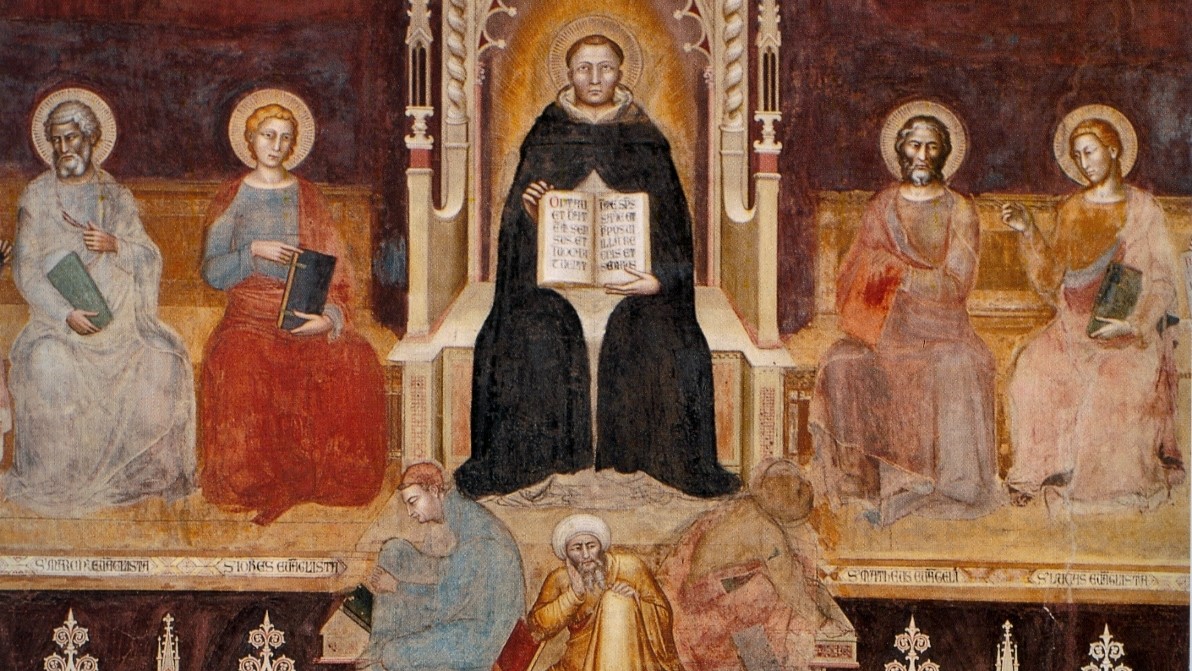
‘…the ideas of Pál Kecskés on education and pedagogy are fundamentally rooted in Christian social theory, which seeks to envision an ideal society from a Christian perspective. His reflections remain relevant today, in a time when individuals…have perhaps never had a greater need to understand education and formation as inherently social processes.’